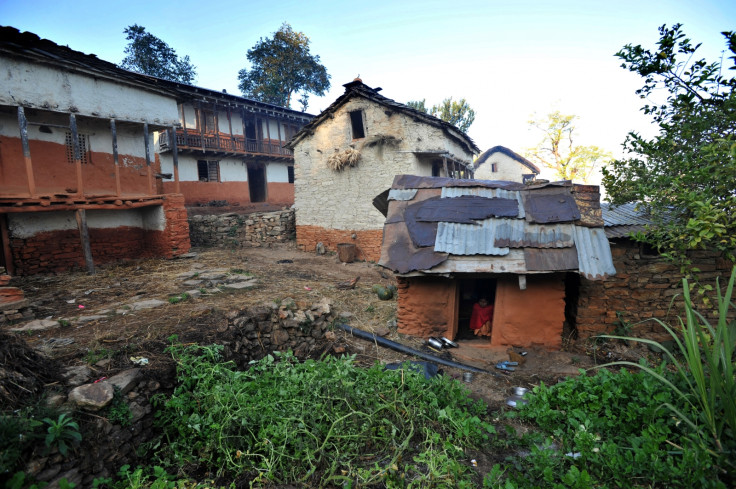Nepali teen dies after being banished to shed for menstruating in ancient Hindu ritual
Chhaupadi is now banned in the country but is still practised in remote rural regions.

Police in Nepal are investigating the death of a 15-year-old girl who is believed to have been sent to sleep in a shed because she was menstruating, in line with the ancient but now illegal Hindu practice of Chhaupadi. It is thought that the girl suffocated after lighting a fire in the hut to keep warm.
Roshani Tiruwa was found in a stone-and-mud hut in the village of Gajra in Achham district, 275 miles (440km) west of Kathmandu, on 17 December. Badri Prasad Dhajal, a local police inspector, told Agence France Press (AFP): "We are investigating the case. We suspect that she died of suffocation from the smoke of a fire she lit to keep herself warm."
Under Chhaupadi, women who have periods, or who have just given birth, are regarded as impure. To avoid the community suffering misfortune, these women are banished and secluded. While in isolation they are often denied their usual intake of food and prohibited from drinking milk.
Chhaupadi was banned in Nepal in 2005 but some remote rural western communities still practice the tradition.
Tiruwa's father told the Nepalese English-language newspaper My Republica that she had eaten a meal at around 6pm on Friday 16 December before being sent to the shed to sleep. When she did not appear the next morning, he went to find her.
"Then we saw her dead body," he told the publication. "As it was her holiday on Saturday, we thought she had gone to jungle to collect firewood."
15-yr-old dies in Chhaupadi shed, in Western Nepal | https://t.co/oeXANlY0TA pic.twitter.com/UluOSo7YQ8 #Chhaupadideath
— Ashok Dahal (@ashokpillar) December 19, 2016
Critics say that the government has not done enough to eradicate the practice and the newspaper reported that Tiruwa's death is the second Chhaupadi-related death in the area in the last month.
The custom also requires women to have no contact with men during their menstruation as well as banning them from touching certain objects or foods. In some instances they are banished to share a shed with cattle.
According to Al-Jazeera, Mohna Ansari of Nepal's National Human Rights Commission said leaders within rural communities must do more to enforce the ban. "We have a legal ban but the law enforcement forces have not been strong about implementing it," he said.
"It is crucial for us to work to change the attitudes of the people and raise awareness against this practice."
© Copyright IBTimes 2024. All rights reserved.






